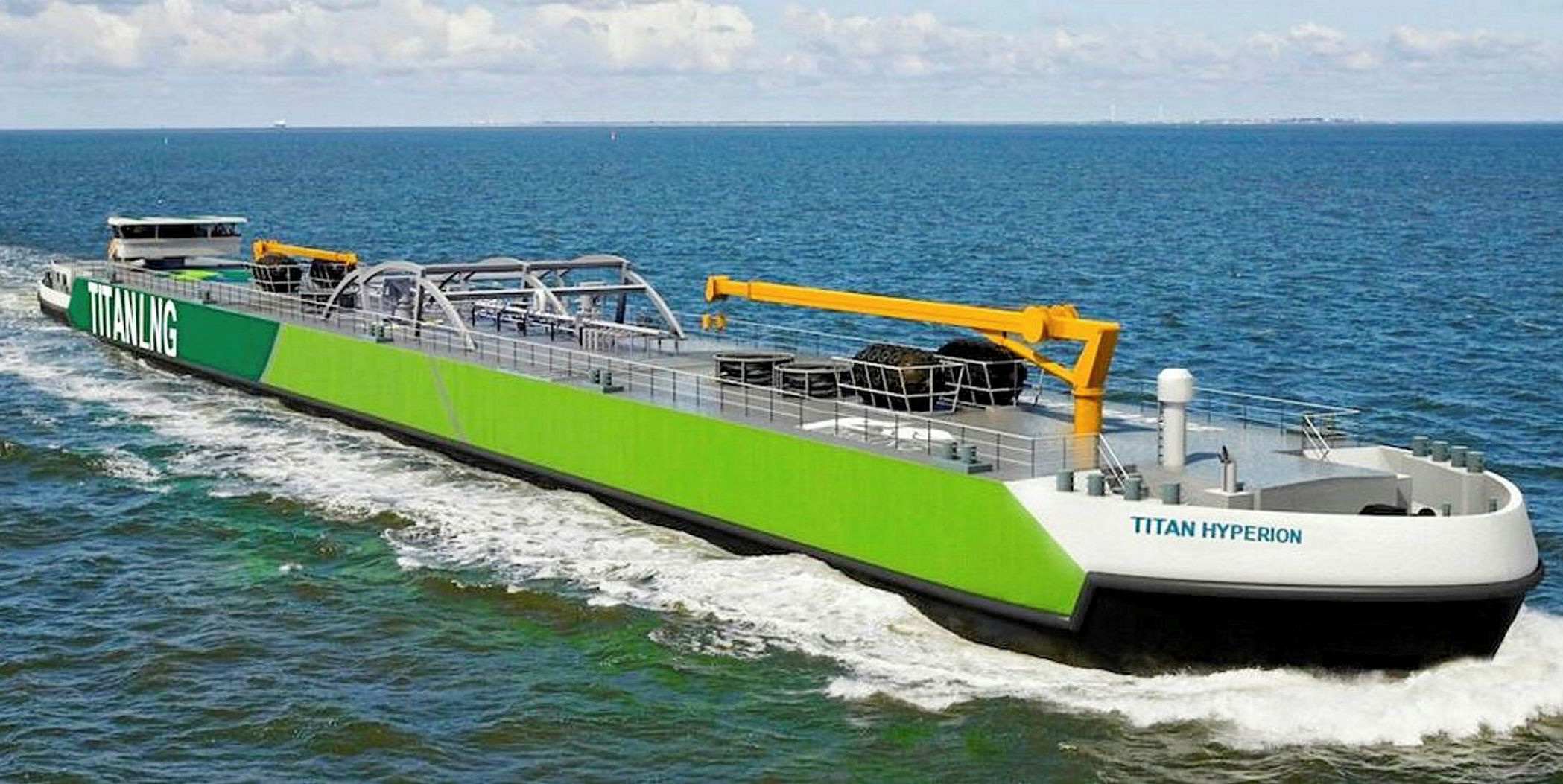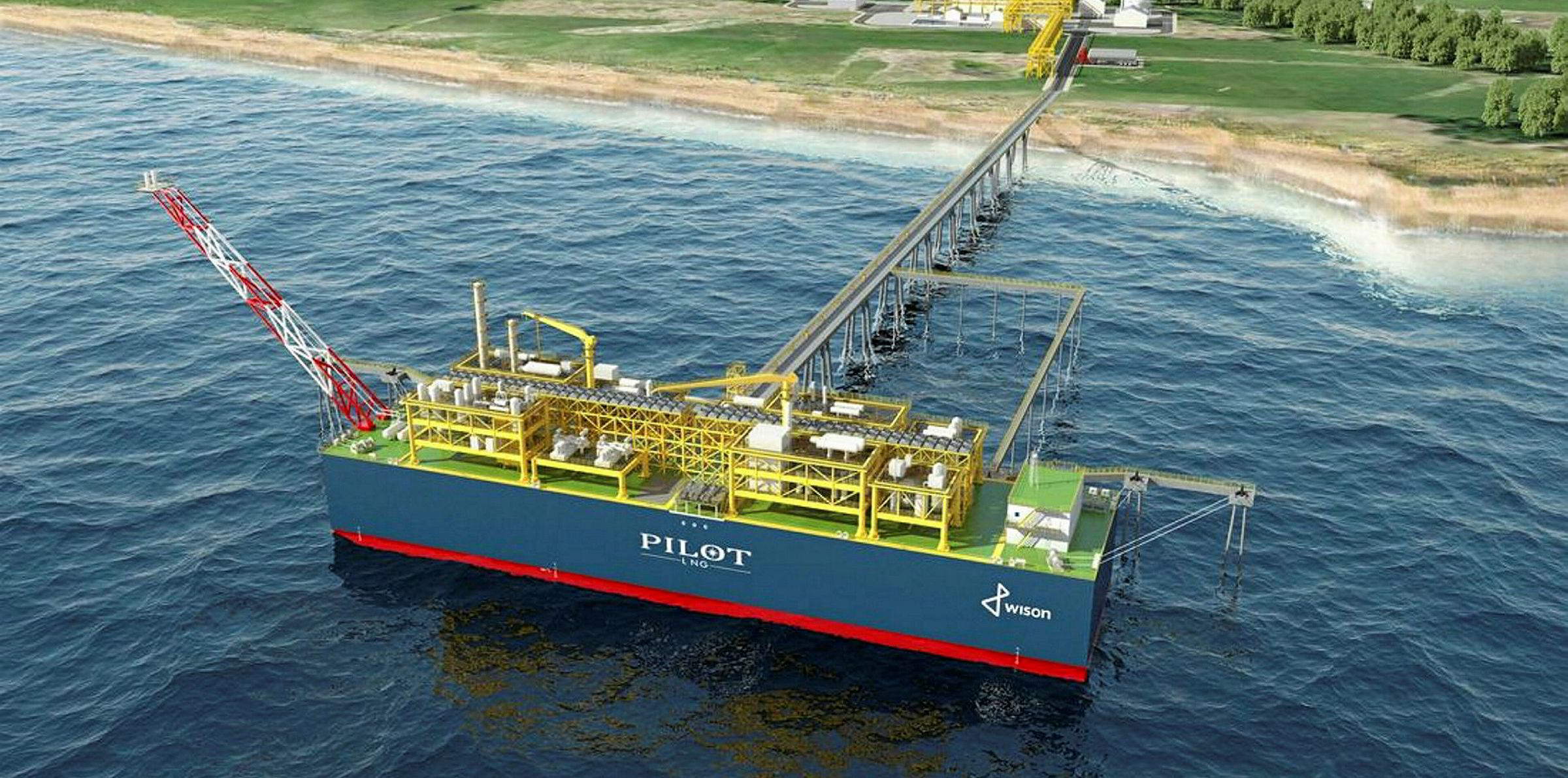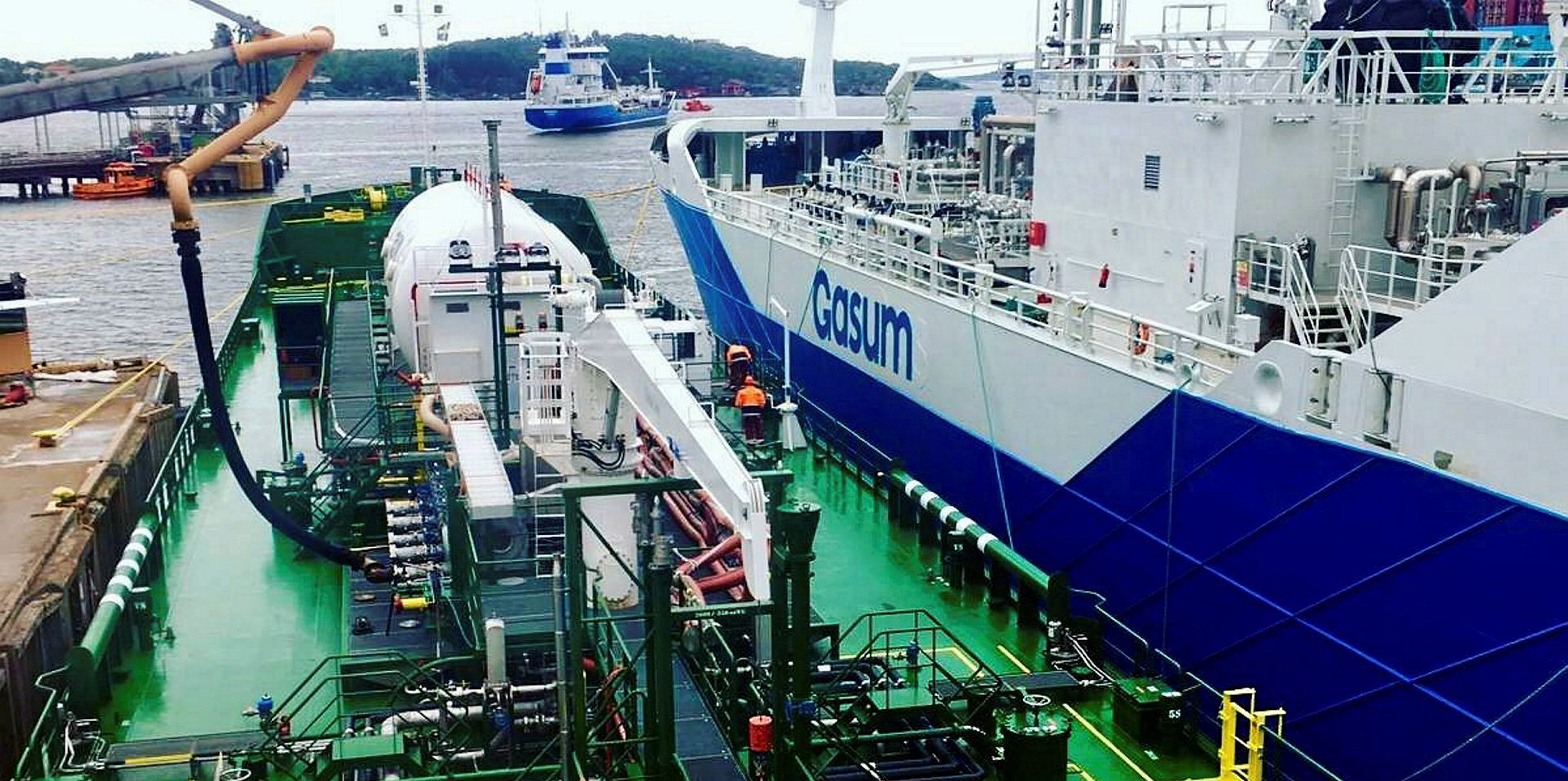Titan LNG is growing its fleet with three new bunkering barges after being granted €11m ($12.6m) in European Union funding.
The Dutch bunkering company has been awarded the cash from the Connecting Europe Facility grant scheme for its project Bio2Bunker to expand a bio-LNG supply chain. The EU programme supports transport infrastructure, connectivity and the switch to greener fuels for transport.
Under this, Titan will build and supply three new bunker barges fitted with four tanks, one of which will accommodate bio-LNG.
Two of the barges will be similar in size to Titan’s 1,500-cbm FlexFueler vessels.
One of the new units will be based in the Belgium port of Zeebrugge with a second in Lubeck, Germany.
The third, the 8,000-cbm Titan Hyperion — which was announced by the company in December — will work as a mother ship in the Amsterdam-Rotterdam-Antwerp region supplying the FlexFuelers.
Titan already operates the FlexFueler001, which is based in Amsterdam and regularly works the Rotterdam region. The FlexFueler002 is under construction for delivery towards the end of this year.
The company has not yet made a final investment decision on building the new barge trio.
Marine customers will be able to buy bio-LNG or a blend of bio and conventional LNG as bunkers.
Titan believes that ultimately the ship operators opting for bio-LNG will be challenged on its origins and this is the most transparent way of delivering it.
But bio-LNG is very expensive and checks need to be run to ensure the green credentials of the feedstock and its production.
“Titan LNG believes that LNG-fuelled ships are future-proof. LNG combined with BLNG [bio-LNG] and later synthetic liquefied gas, made by combining green hydrogen and CO2, offer a credible and cost-competitive path to decarbonisation while immediately improving local air quality,” the company said, acknowledging the fuelling choices facing shipowners at present.
“We are thankful that the EU shares our vision and offers this support for overcoming the barriers to scaling up bio-LNG as a fuel."







